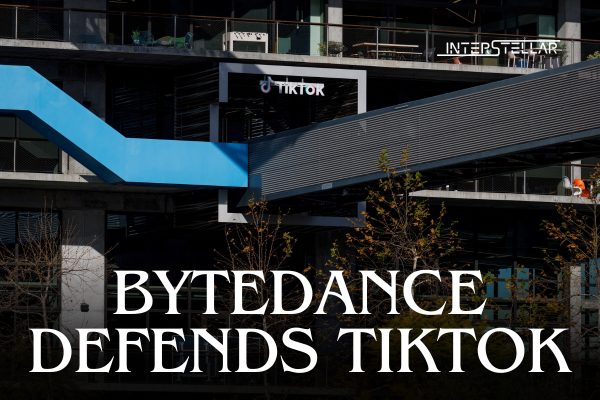TikTok Faces Supreme Court Challenge Over Forced Sale or Ban
TikTok and its Chinese parent company, ByteDance, defended their platform in a pivotal Supreme Court case on Friday, arguing against a law that could force its sale or ban its operation in the United States. The companies contend the law violates constitutional free speech protections and sets a dangerous precedent for targeting other businesses.
TikTok’s Legal Defence Highlights Broad Implications
TikTok’s lawyer, Noel Francisco, warned of far-reaching consequences if the law is upheld. He argued that it could open the door for Congress to impose similar mandates on other companies. Using an example, Francisco said, “Under this theory, Congress could order AMC movie theatres to censor movies it doesn’t like or promote specific ones.”
The legislation, passed with bipartisan support, requires ByteDance to divest TikTok by January 19 or face a ban due to concerns about national security. Lawmakers claim the Chinese government could exploit TikTok to spy on Americans or influence public opinion.
The First Amendment at the Forefront
TikTok’s representatives argue that singling out the app for a ban violates the First Amendment, which protects free speech. Jeffrey Fisher, representing TikTok creators, questioned why Congress targeted TikTok while leaving platforms like the e-commerce site Temu untouched.
“Why single out TikTok when other companies with millions of users also collect data that could be accessible to Chinese control?” Fisher asked during the proceedings.
Despite these arguments, the justices appeared inclined to uphold the law, though some raised concerns about its implications for free speech.
Government Defends the Ban as a National Security Measure
Solicitor General Elizabeth Prelogar, representing the Biden administration, emphasised the urgency of enforcing the law by January 19. Prelogar stated, “Foreign adversaries do not willingly give up their control over mass communication channels.” She argued that the law was designed to pressure ByteDance into divestiture to protect US security interests.
If the law is enforced, platforms like Apple and Google would be prohibited from offering TikTok to new users. Although existing users could retain access, the app would degrade over time without supporting services.
The Political and Legal Stakes
Former President Donald Trump, who opposes the ban, has urged the court to delay the deadline, giving his incoming administration time to address the issue. However, the law’s provisions limit the president’s ability to extend the deadline without clear progress toward divestiture.
As the January 19 deadline looms, the case raises pressing questions about free speech, national security, and the potential power of Congress over foreign-owned companies.
With inputs from Reuters





